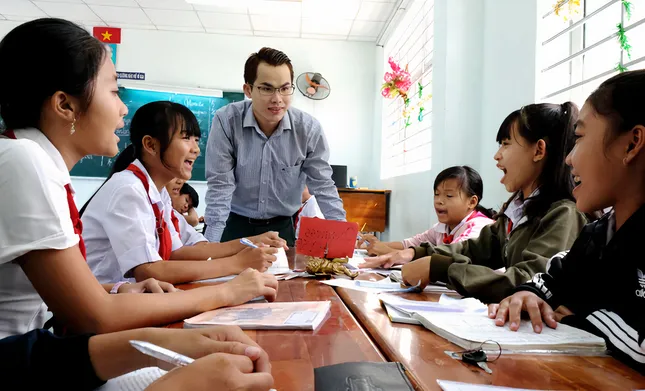 |
Mr. Le Hoang Phong (standing in the middle), Academic Director of YOUREORGEducation Organization |
Speaking with Tien Phong reporter, Mr. Le Hoang Phong, Academic Director of YOUREORG Education Organization, said that placing this exam in the current context of general education in Vietnam is not appropriate.
Shock to students who do not have the conditions to study?
According to Mr. Le Hoang Phong, if viewed from the perspective of language assessment, which means assessing language ability in a scientific , systematic and theoretical manner, this year's exam has some very noteworthy positive points.
Mr. Phong believes that if implemented properly, this test can have a positive impact on teaching and learning. When practical skills are included in the test, both teachers and students will tend to adjust their methods to develop those skills properly.
However, when placing this test in the context of current Vietnamese general education, one cannot help but wonder. “In fact, for students with a good foundation, such as having practiced IELTS, CAE… or having diverse experience in reading and understanding academic English, this test is completely feasible. But the problem lies in the fact that it does not reflect the diversity in the level, circumstances and learning conditions of students nationwide,” said Mr. Phong.
Mr. Phong analyzed that for urban students, especially those studying at specialized schools, selective classes, whose parents are highly educated or have stable economic conditions, early access to quality English, this year's exam is an opportunity to develop their true abilities.
On the contrary, for students in rural, mountainous, orphaned, disadvantaged areas, or localities with difficult economic conditions, learning English is often limited to 3 periods/week according to the standard program, with a textbook that is heavy on grammar and lacks practice.
Not to mention, according to Mr. Phong, the quality of the teaching staff also has a big difference between regions. For this group of students, especially those who do not have the conditions to take extra classes or access foreign language materials on a daily basis, the academic exam like this year can become a real "shock".
Where is the paradox?
What is more worrying, according to Mr. Phong, is that the current exam is simultaneously serving two very different goals: high school graduation and university admission.
According to Mr. Phong, these two goals have completely different assessment natures, one side aims for minimum coverage, the other side requires deep differentiation.
“When combining both into one test, the system will face a paradox. If the test is too easy, it will not be able to classify effectively to serve the admissions goal. If the test is too difficult, disadvantaged students, who are already disadvantaged in terms of economy, learning conditions, and teacher quality, will be at even greater risk of not meeting graduation standards.
The same exam that must be both "easy enough to pass graduation" and "difficult enough to be selected for university" is an impossible problem. And what is the result? Groups of students in big cities, studying at specialized schools, selective classes, having the conditions to study extra, receiving systematic investment... will find the exam "good", "suitable", "classifiable". Meanwhile, groups of students in village schools, orphans, disadvantaged, remote provinces, who do not have the conditions to take practice exams, and who never attend a center, will find the exam an unfair challenge.
Same test, completely different preparation conditions. And that is something that any fair assessment system needs to seriously question.
“From the perspective of educational equity, especially the "equity" approach, this year's English exam poses a question worth pondering,” Mr. Phong emphasized.
On the other hand, when combining these two functions into a single exam, we unintentionally push disadvantaged students, such as those who do not have the conditions to take extra classes, do not have access to academic English, do not have quality teachers to support them closely, etc., into a "race" for which they have never been fully prepared.
“The exam may be considered “good” from an academic perspective, but it is unfair to students who only need a diploma to go to vocational school or work, and are now at risk of failing an exam beyond their training capacity,” Mr. Phong emphasized.
How does the world "solve this problem"?
Most countries with advanced education systems clearly separate the two exams:
China has its own high school graduation exam (Huikao) and college entrance exam (Gaokao), which are notoriously rigorous and highly selective. Huikao guarantees graduation; Gaokao is the "gateway" to university.
There is no national graduation exam in Korea. Students complete high school through internal assessment. The College Entrance Examination (CSAT – Suneung) is an independent, highly differentiated exam designed specifically for admission purposes.
The United States also does not have a national graduation exam. Students graduate based on their transcripts and continuous assessment. College admission based on standardized tests such as the SAT, ACT, etc. is completely optional.
The UK is more transparent: 16-year-olds take GCSEs to complete secondary school. Then, if they want to go to university, they study and take A Levels, which are highly graded and are the main basis for university admission.
These models have one thing in common: graduation is a basic right of learners; while admission is a university autonomy. These two goals need to be separated to ensure fairness and efficiency in assessment.
In my opinion, a test is not only a measuring tool, but also a guiding signal for the entire teaching and learning system. If the test focuses on practical skills, such as expressive thinking, reading and understanding real texts, or using language in context, then teachers will teach and students will tend to learn in that direction. That is the positive washback that the education sector is aiming for.
But if the same test is both difficult enough to distinguish good students and easy enough to ensure graduation for all, the risk of creating a negative washback is completely real. Then, instead of promoting methodological improvements, the test will become a burden, especially for orphaned and disadvantaged students who have never been fully prepared to enter the race." - Mr. Le Hoang Phong
I believe that exam reform is necessary. But such reform is only truly meaningful when accompanied by a fair assessment system, a clear transition path, and no one is left behind.
Because after all, education is not just a competition for the best but a journey to create opportunities for everyone." - Mr. Le Hoang Phong.
Source: https://tienphong.vn/de-thi-tieng-anh-tot-nghiep-thpt-nam-2025-qua-kho-mot-cu-soc-that-su-post1756118.tpo








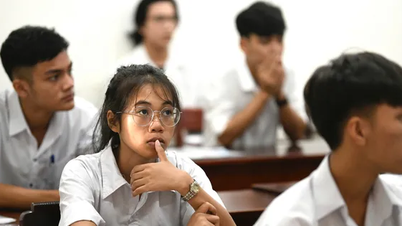
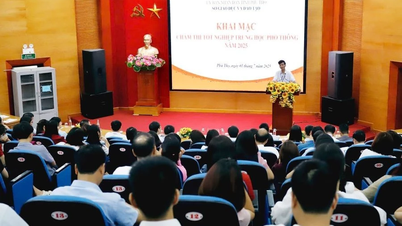



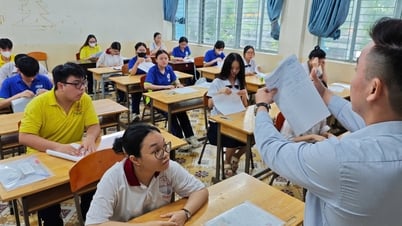

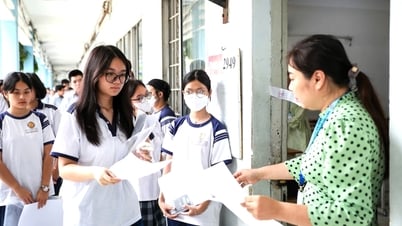
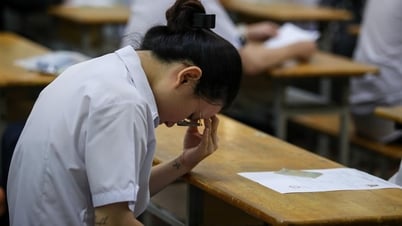
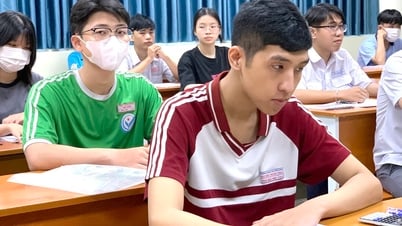


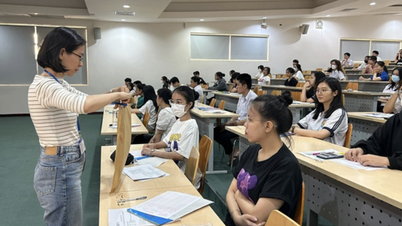

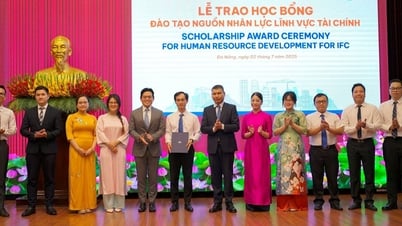
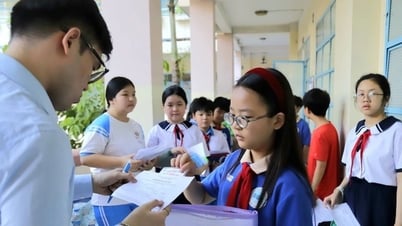
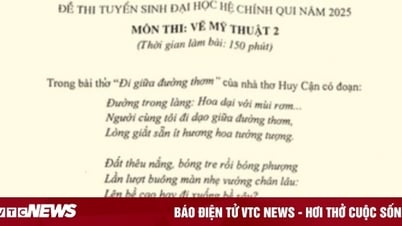











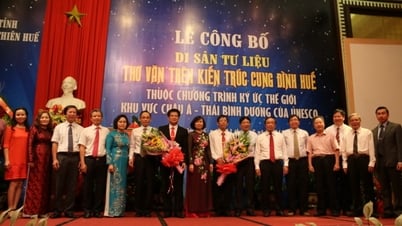
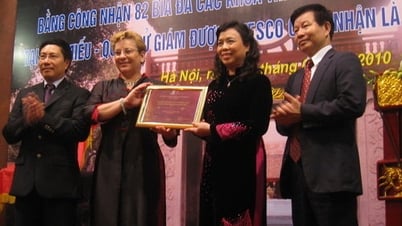













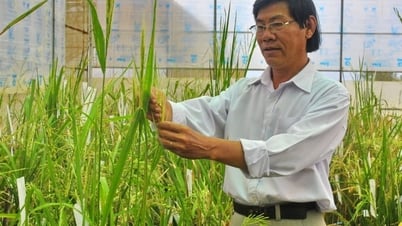
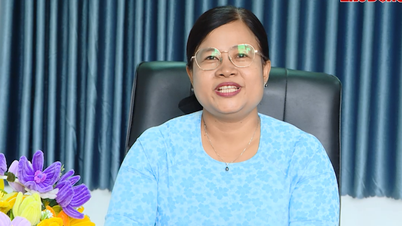
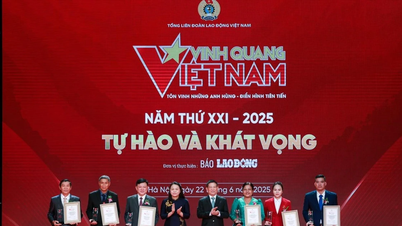



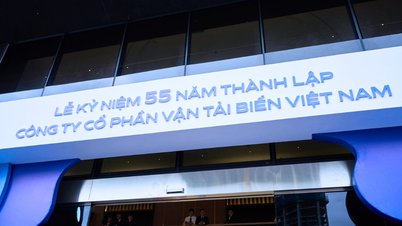









![[Photo] General Secretary To Lam attends the launch of 3 digital platforms serving the implementation of Resolution No. 57-NQ/TW](https://vphoto.vietnam.vn/thumb/402x226/vietnam/resource/IMAGE/2025/7/2/d7fb7a42b2c74ffbb1da1124c24d41d3)




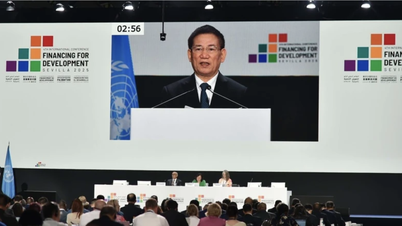


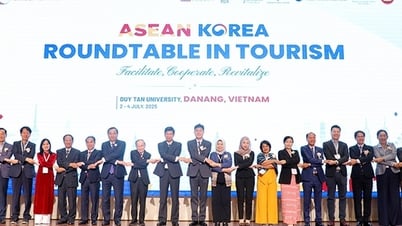

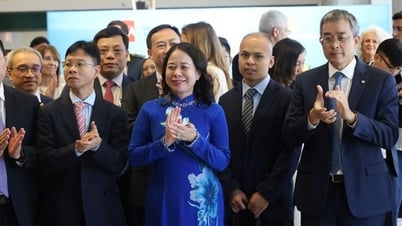



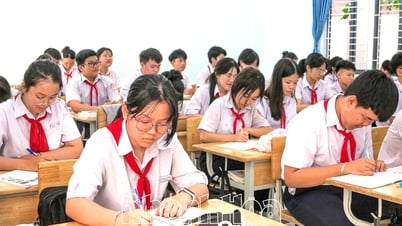























Comment (0)